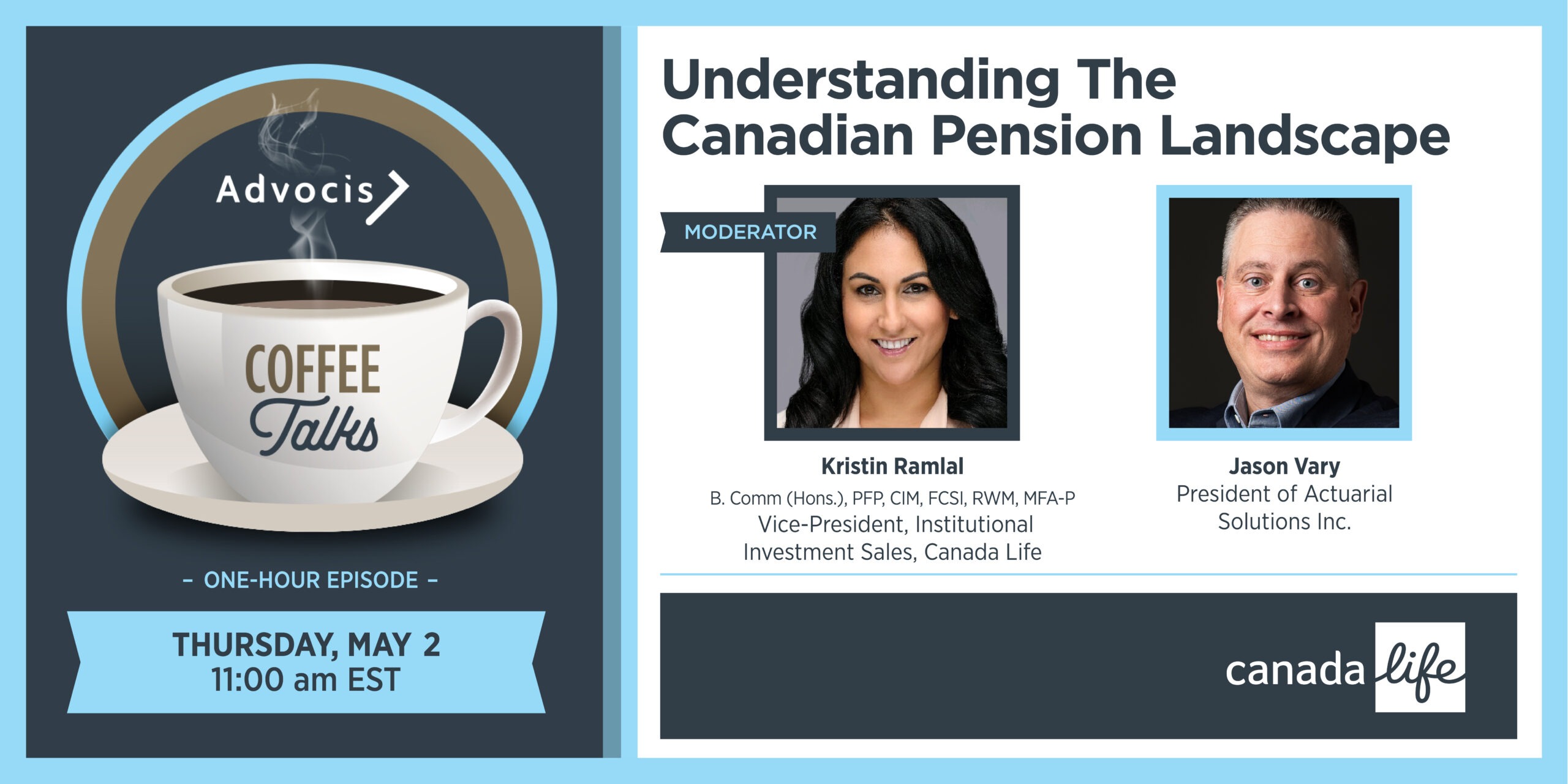(From the July 2023 Edition of eFORUM)
By Jamie Golombek and Debbie Pearl-Weinberg
Clients who owe money to the Canada Revenue Agency (CRA) would be best advised to pay up as soon as possible, especially given the current interest rate environment.
For example, consider a client with a balance owing on a prior year’s tax return who is in the process of disputing their CRA assessment, perhaps for disallowed business expenses or questionable medical expenses. Perhaps you have another client who has ignored quarterly instalment reminders from the CRA and is failing to make the required payments. If clients mention this, your best advice might be to encourage your client to pay up, even if they think they will ultimately be successful in a dispute. The reason for this is that the non-deductible interest charged by the CRA, which compounds daily at the prescribed rate, is currently so high that it will likely exceed any after-tax return they could achieve on their own. And, if they are successful in their tax dispute, the CRA will also pay them interest at an attractive rate that exceeds any short-term high interest savings account.
This is truer in 2023 than in recent years due to rising interest rates, which have caused an increase in the CRA’s prescribed rate. The prescribed rate is set quarterly and is tied directly to the yield on Government of Canada three-month Treasury bills. While the current prescribed rate is 5%, it is two percentage points higher (7%) for tax refunds, and four full points higher (9%) for late or underpaid taxes. These are the highest prescribed rates in over 15 years! The rates will remain at these levels until at least September 30, 2023, and likely much longer given the June 2023 bump in Canada’s overnight lending rate. The 9% rate applies not only where balances owed for a year are not paid on time, but also applies to clients who fail to make their quarterly tax instalment payments when required.
If your client is disputing an assessment by the CRA, and they choose to refrain from paying the outstanding amount in the hopes that they will win their dispute, they run the risk of this very high interest charge in the event they are not successful.
In addition, your client may be one of the estimated two million Canadians required to pay tax by quarterly instalments, which is required where the balance due on filing a tax return exceeds $3,000 (and exceeded $3,000 in either of the previous two years.) The next instalment date for 2023 is September 15, 2023. There are three methods to determine quarterly instalment amounts: basing the amount on the prior year’s tax, estimating current year tax, or using the “no-calculation” option, where the CRA calculates and advises of the amount of payments. If your client chooses to pay less than the no-calculation option, they could face instalment interest at this high prescribed rate – and possibly even an instalment penalty – if their payments are too low or late.
The risk of using any method other than the no-calculation option has grown in this high-interest environment.
To put the risk in perspective, if your client is a resident of Newfoundland and Labrador and is in the highest 2023 tax bracket of 55 per cent, that means they’d have to find an investment that earns a guaranteed, pre-tax rate of return of 20 per cent to be better off than paying down their tax debt. If you have such an investment, let us know.
Jamie Golombek, CPA, CA, CFP, CLU, TEP, is managing director, tax and estate planning with CIBC Private Wealth Management in Toronto. He can be reached at jamie.golombek@cibc.com. Debbie Pearl-Weinberg, LLB, is executive director, tax and estate planning with CIBC Private Wealth Management in Toronto. She can be reached at debbie.pearl-weinberg@cibc.com.









